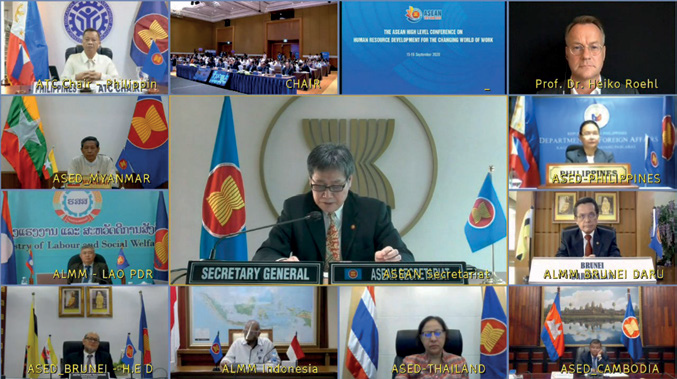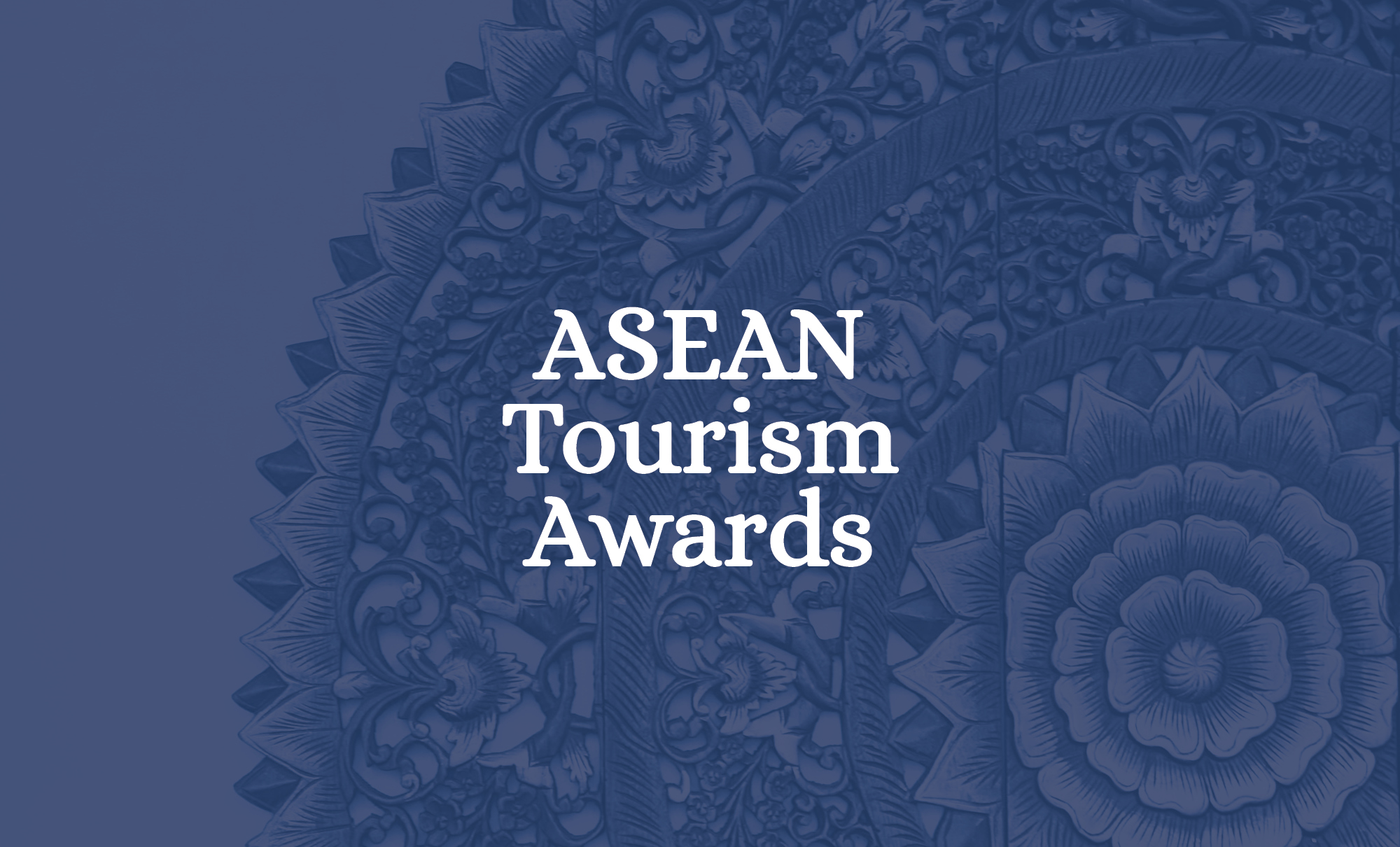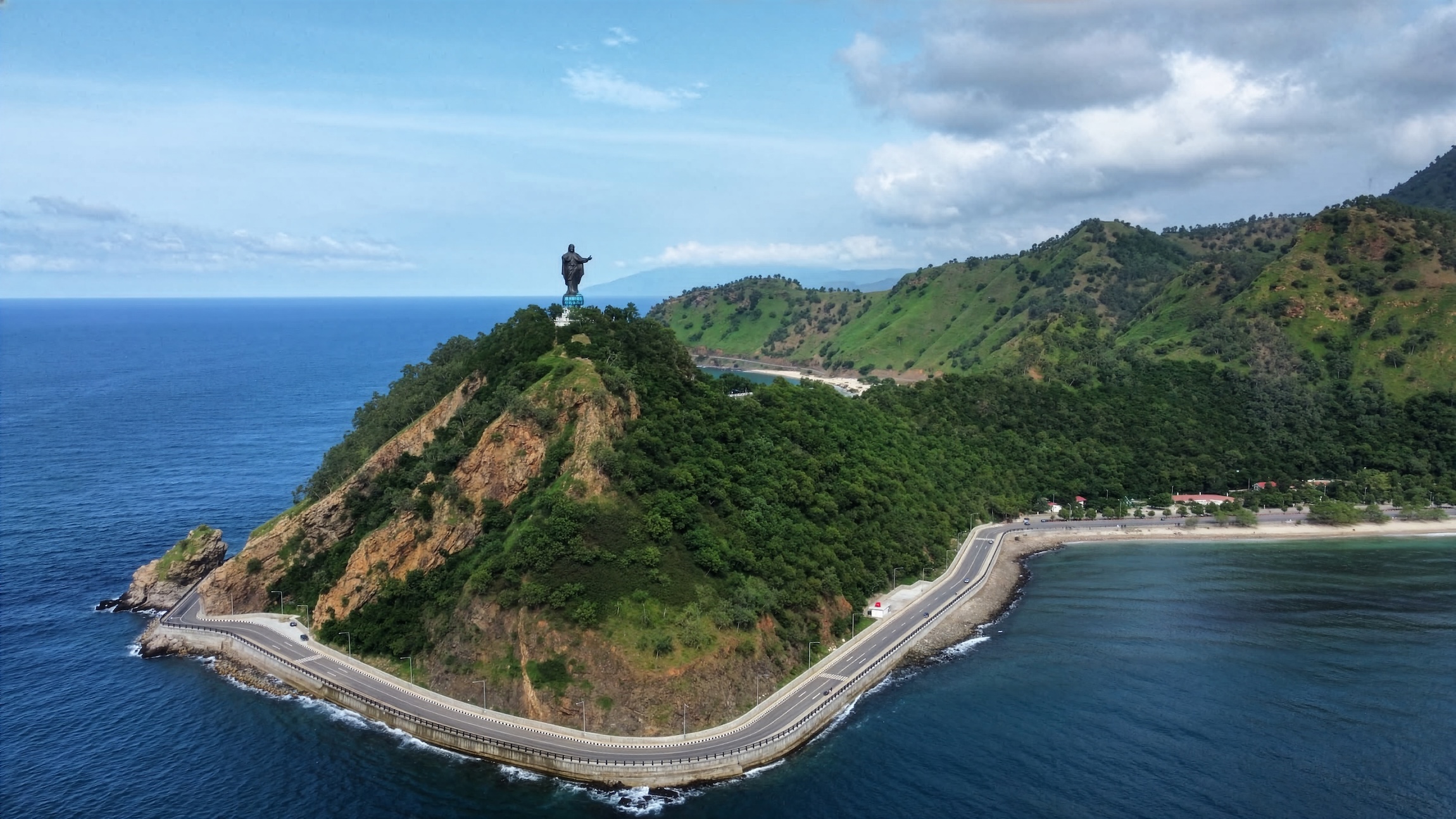



ASEAN’s vision of developing a resilient, competitive, and future-ready workforce moves a step closer to reality with the crafting of a new roadmap that will guide Member States to the finish line.
The Roadmap of ASEAN Declaration on Human Resources Development for the Changing World of Work was unveiled by the region’s labour and education ministers at the high-level conference on human resources development on 16 September 2020.
“The roadmap contains a list of possible activities to be undertaken by multiple stakeholders from 2020 to 2030 and will inform and complement the development of the post-2020 ASEAN sectoral work plans,” said Secretary General of ASEAN Dato Lim Jock Hoi.
Most activities in the roadmap are designed to strengthen and build more inclusive educational and training systems to render them capable of producing individuals with the digital and transversal skills needed for the 21st-century work environment. A number of activities also aim to promote lifelong learning as a foundation for self-directed knowledge and skills acquisition in order for workers to adapt to or even thrive amidst a fast changing job landscape.
Secretary General Lim Jock Hoi said that the COVID-19 pandemic only served to emphasise the urgency of developing the region’s human resources. “Due to COVID-19, businesses and companies are closing down and unemployment rates are projected to rise considerably. Our world has been irreversibly transformed, and as we enter this new reality, we need to increase the agility and resilience of our human resources to respond to future social and economic vulnerabilities,” he said.
Since implementing the roadmap requires considerable resources, the high-level conference included panel sessions with ASEAN’s dialogue and external partners to explore areas of common interest and possible cooperation. Many have pledged to support projects in the areas of providing education and skills training to match labour market demands; mainstreaming 21st-century and lifelong learning skills; furthering work on qualifications frameworks and mutual recognition of skills; and improving IT infrastructure, innovation, and the use of technology in teaching and learning approaches, to name a few.
The high-level conference also marked the launch of the ASEAN Technical and Vocational Education and Training (TVET) Council whose mandate is to serve as “a multisectoral/cross-sectoral body that provides a platform for coordination, research and development on innovations and monitoring of regional programmes that support the advancement of TVET in the region.”
Secretary General Lim Jock Hoi lauded Viet Nam’s leadership in the launch of the roadmap and the ASEAN TVET Council which he said are “key achievements in the implementation of the Declaration on Human Resources Development for the Changing World of Work that was adopted during the 36th ASEAN Summit.” Viet Nam, which sits as 2020 ASEAN Chair, identified human resources development as one of its key priorities under the socio-cultural pillar, recognising that a highly skilled workforce is the backbone of economic development in the region.








